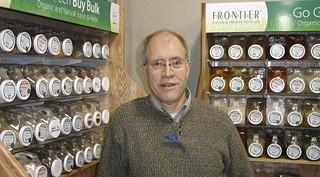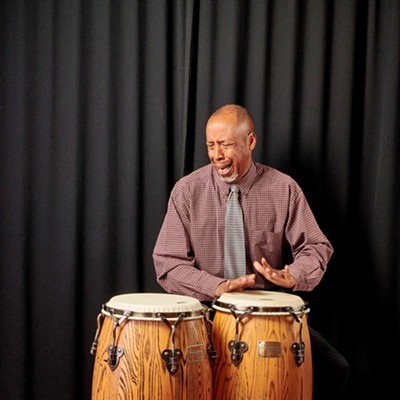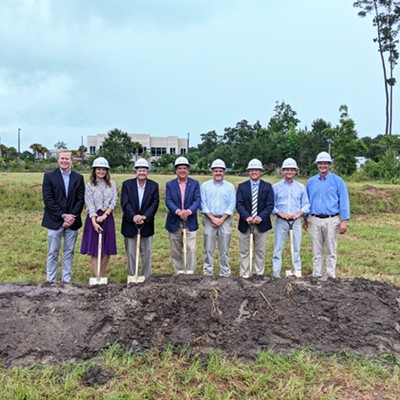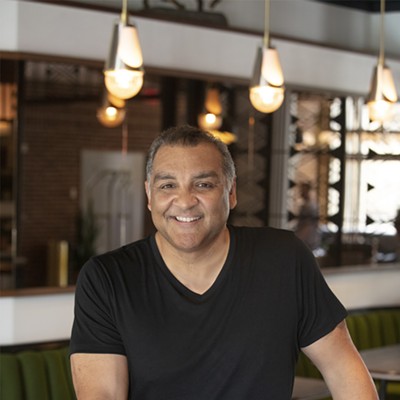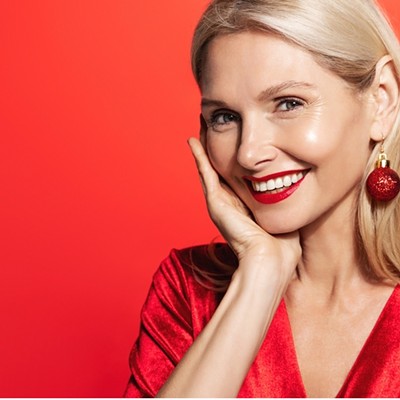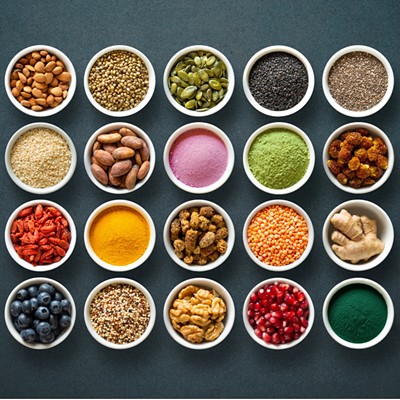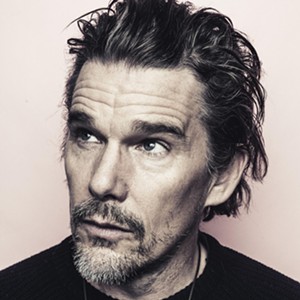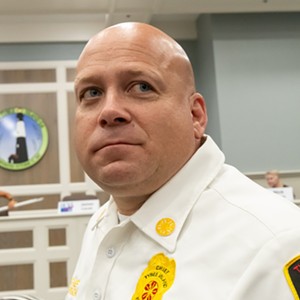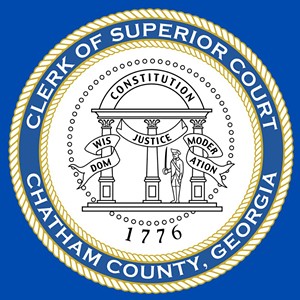There is a swell building in world of medicine, particularly the field of cancer treatment. What was once considered "alternative medicine" - using nutritional and herbal supplements as a way of maintaining a more holistic approach to health - is fighting for a place at the table in the ongoing discussion of how to best treat cancer patients.
Although the jury is still out in the conventional medical world, there is a growing body of evidence proving that some practices can help patients deal with the detrimental side effects of chemo-therapy. But first, those practices must overcome some stigmas associated with herbal supplements and alternative medicine.
"There's no legal accreditation in North America," explains Chanchal Cabrera, a UK native who has become one of the Western Hemisphere's foremost Medical Herbalists dealing with complimentary cancer treatment. "I teach herbal medicine to the natural physicians in Canada who are licensed doctors, but I'm not a licensed practitioner."
Cabrera is not just some new age quack. Not only is she a member of American Herbalists Guild, but she wrote their professional standards, which include advanced science studies as well as hundreds of hours of anatomy, physiology, botany and chemistry.
"It used to be very folksy 20, 40 or 100 years ago. Now, there's a lot of hard science," she says. "We understand how the herbs work in the body, how they work with or without drugs."
The issue of credibility remains one of the largest hurdles for naturopathic treatments. Although polling shows that 70-80 percent of people in North America have used an herbal supplement of some kind in the past year, driving industry sales totaling billions of dollars, there is not the same level of regulation or oversight as in other industries.
"It's fair to think of these supplements as drugs too," says Dr. Barry Luskey, who practices at the Summit Cancer Care office in Savannah. "The problem is that they are not as tightly regulated, they're not as well studied, what you get in one preparation may not be the same as another preparation."
The shady side of the supplement industry has drawn the entire practice of herbal medicine into question, something Cabrera and her colleagues recognize and are trying to combat.
"There's all kinds of crazy claims in the market place that would not be substantiated by a professional," Cabrera explains. "They are marketed inappropriately to the wrong people at the wrong times for the wrong reasons."
Cabrera has spent more than 25 years studying and practicing, and currently lives on a farm called Innisfree outside Vancouver. For more than a decade, she has worked with Donald Yance, an herbalist and nutritionist, and Dr. Dwight McKee, a renowned oncologist on developing a program that utilizes a more holistic approach to caring for cancer patients.
"My specialty is with cancer care, but I'm not diagnosing cancer," she says. "People come to me with all their tests, scans and blood work, and I help them weave a path through that information."
Having proper information is absolutely essential because while the average consumer may find herbal supplements harmless, when combined with chemotherapy treatments or other prescription medicines, the wrong combination can be dangerous.
"We worry that a number of supplements, particularly herbal supplements, might affect how the chemo therapy drugs are being metabolized by the body," Dr. Luskey says. "The herbal supplements could increase the metabolism of the chemo therapy drug and thereby decrease the amount of active drug that a patient is getting in their body."
Relatively few patients are also completely honest with their doctors about whether or not they are seeking any supplemental or non-hospital treatments as well. According to a study conducted in 2004 by the Mayo Clinic's Comprehensive Cancer Center more than 80 percent of patients enrolled in chemo trial therapies used vitamins, herbs and mineral supplements at the same time even if they were explicitly prohibited.
"The statistics say almost all cancer patients seek some kind of complimentary treatment, they just don't tell their doctor about it," says Luskey. I am hopeful that the person that guides them is as aware as they can be about what the potential interactions may be with their chemo-therapy."
Conventional medicine and naturopathic treatments do not have to be adversarial though, and when used properly, complimentary treatments can make a significant different for the patients.
"I come in with the support to get them through their cancer therapy much healthier - better blood work, better outcomes, less side effects. It's all done in a completely integrated way," says Peter Brodhead, a nutritionist and owner of Brighter Day Natural Foods, who participated in one of Cabrera's workshop's last year.
Brodhead has been following the work of Cabrera and her colleagues for nearly a decade, and is a strong believer in the potential for collaborative treatment.
"I got interested in the nutrition end of cancer when a good friend of mine died," he says. "I lost two friends in a two year period. That's when I decided I needed to get all the information I could about the topic and see what I could do to help people."
Most cancer patients undergoing chemotherapy experience a common set of side effects, including fatigue, nausea and lowered white and red blood cell counts - all of which can dramatically affect their quality of life. Side effects can become so serious that it's common for patients to take a break so that their bodies can recover before completing treatment.
Brodhead says that a complimentary protocol of nutritional supplements can help patients remain healthier during treatment.
"If you take the best of both realms and you piece them together intelligently you can get amazing results," he explains. "One of the examples was Mary Jo Bochner. It carried her through two cycles of chemo. She didn't have to stop because her blood count didn't drop."
Bochner had been recently diagnosed with breast cancer when she went to talk to Brodhead after a friend of hers recommended she try some supplements.
"Our family has always had more of homeopathic approach to our wellness, but I was probably the least hooked up to that lifestyle," she says. "I told a friend I had breast cancer, and she said I had to call Peter. I had no idea he was a nutritionist."
She watched as other women who were on the same chemo regiment as her began to look sicker, complain about fatigue and soreness, and begin to consider taking a break from treatment. Bochner, however, felt alright, and both her doctor and several nurses commented on how well she was holding up to the treatments.
"I felt pretty good, for as many chemicals as were pumped through my body," she says. "It's amazing how well I handled it compared to the people that were going through chemo with me."
Although conventional medicine and naturopathic treatments may not be completely comfortable bedfellows yet, there is progress in their relationship as collaborators rather than antagonists.
"I've been in practice nearly 25 years and I've seen it change dramatically for the better in terms of more collaboration," Cabrera explains.
"From my standpoint," says Luskey, "as long as what is being offered as a complimentary treatment is not being used to drive the patient away or hold them back from established, conventional medical treatments, then that's a good way to help."
Chanchal Cabrera will offer a free lecture about cancer prevention and treatment on Thursday, February 18 at 7 p.m. in the Charles H. Morris Center. She will also host a plant attunement workshop on February 20 at the Oatland Island Wildlife Center. For more info, call Brighter Day at 912-236-4703. For more info about her work visit www.chanchalcabrera.com.

